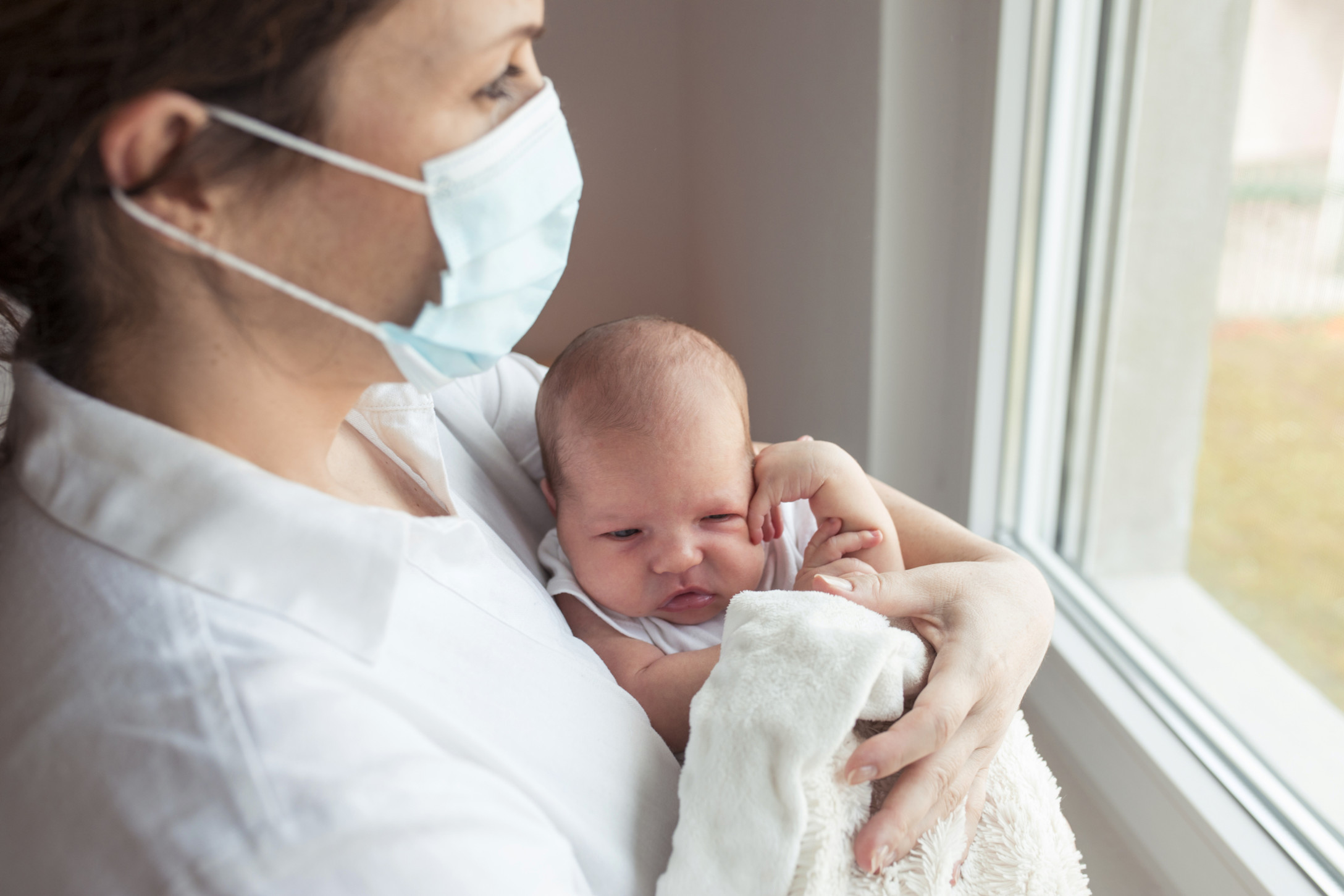
It seems like ages ago when families across the country “locked down” to stop the spread of COVID-19. Although we will never forget the harrowing ordeal of remote learning, which drastically affected students, teachers, and parents alike, it can sometimes slip our minds just how tough it was raising young toddlers and infants as well.
As school goes back into session, teachers are meeting some of those “covid babies” for the first time. One educator recently took to Reddit to complain about how parents are responding to her “homework” assignment and invoking their “covid baby” status to excuse their personalities.
“Covid babies”?
byu/axolotls_anon inTeachers
“The assignment is to send me a letter or email describing their child and their strengths/weaknesses/interests, etc. I have had 3 parents so far (out of 22 students total) mention their child being a ‘covid baby’ The parents describe these kids as ‘attached,’ ‘timid,’ or ‘socially behind,'” she explained in her post. “Now, I try to take their comments into account while working with their child in my classroom, but at this point, the “covid baby” thing just seems like an excuse.”
She elaborated that because the kids were so young, they don’t actually remember lockdown, masking, or any of the events of Covid.
“To me, it seems like a cop out. I feel like it’s the parents projecting their own fears and hesitancy onto their kids. It’s not like lockdowns would have caused any delay in their education or even their cognition at that age, right?” she suggested in her post. “I so badly want to tell these parent that Covid isn’t an excuse anymore and that they are hindering their child’s growth and development by perpetuating that mindset (but I won’t).”
She asked the community if she was wrong for thinking this way — and boy did people respond.
“Covid really did change how infants and toddlers were handled,” defended one commenter. “They couldn’t necessarily be in the care of others (daycares closed, grandparents at higher rate of infection so they kept their distance, less opportunities for toddlers to gain more independence and social skills in public places). As a result of parents trying to work from home at the same time they were having to care for kids out of daycare, screen time skyrocketed to keeps kids entertained.”
Others fervently agreed.
“…not being able to go to public places can impact how used they are to crowds, loud noises and unexpected situations,” reasoned another commenter. “Not being able to see people’s faces can impact how well they recognize emotions in others and themselves, which in combination with really high screen time will almost inevitably make for emotion regulation not being as far along as it should be.”
A study led by Johns Hopkins University and published in 2024, found infants and toddlers during that time experienced only “modest” delays in developmental milestones in the five main skill domains: communication, gross motor, fine motor, problem-solving, and personal-social. Although researchers did not find major changes in fine or gross motor skills, when looking specifically at infants newborn to 12 months old, there were decreases in the communication domain (about 3%) and problem-solving domain (about 2%).
“We thought it was possible infants might experience less impact than the older kids, given that many caregivers may have spent more time at home with their very young children,” said Sara Johnson, corresponding author of the study. “But we saw generally the same things in infants as we did for older kids.”
Even though it isn’t overly alarming, Johnson noted that the lasting implications on their long-term development is still unclear.
“It is important for us to continue to keep an eye on kids of all ages in terms of development, so we can understand whether these changes have longer-term implications for children or if new challenges emerge as children age,” Johnson explained.




